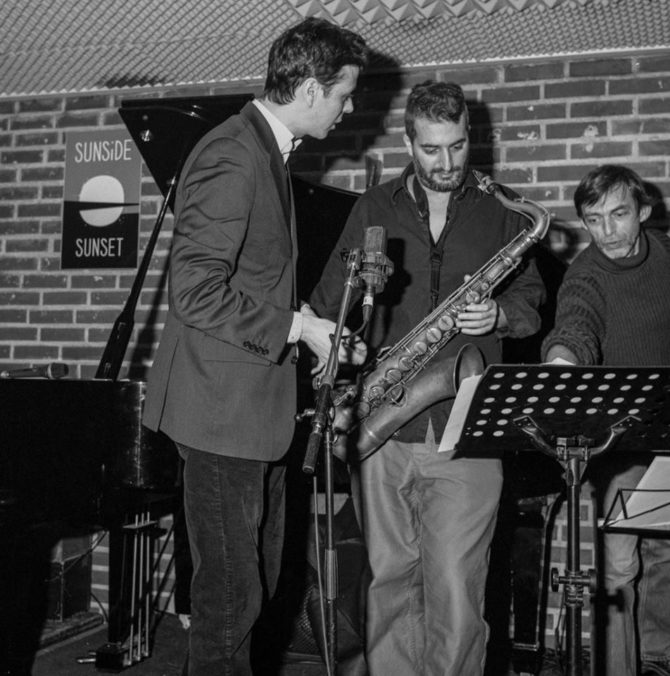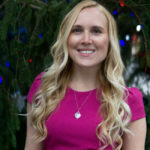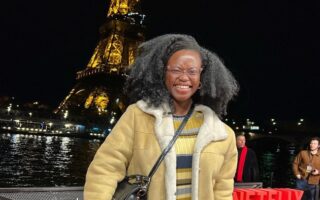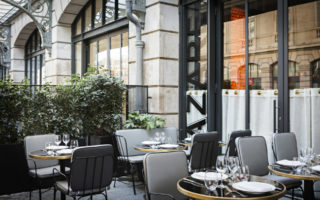Talking Music with Paris Jazz Pianist Samuel Lerner
- SUBSCRIBE
- ALREADY SUBSCRIBED?
BECOME A BONJOUR PARIS MEMBER
Gain full access to our collection of over 5,000 articles and bring the City of Light into your life. Just 60 USD per year.
Find out why you should become a member here.
Sign in
Fill in your credentials below.
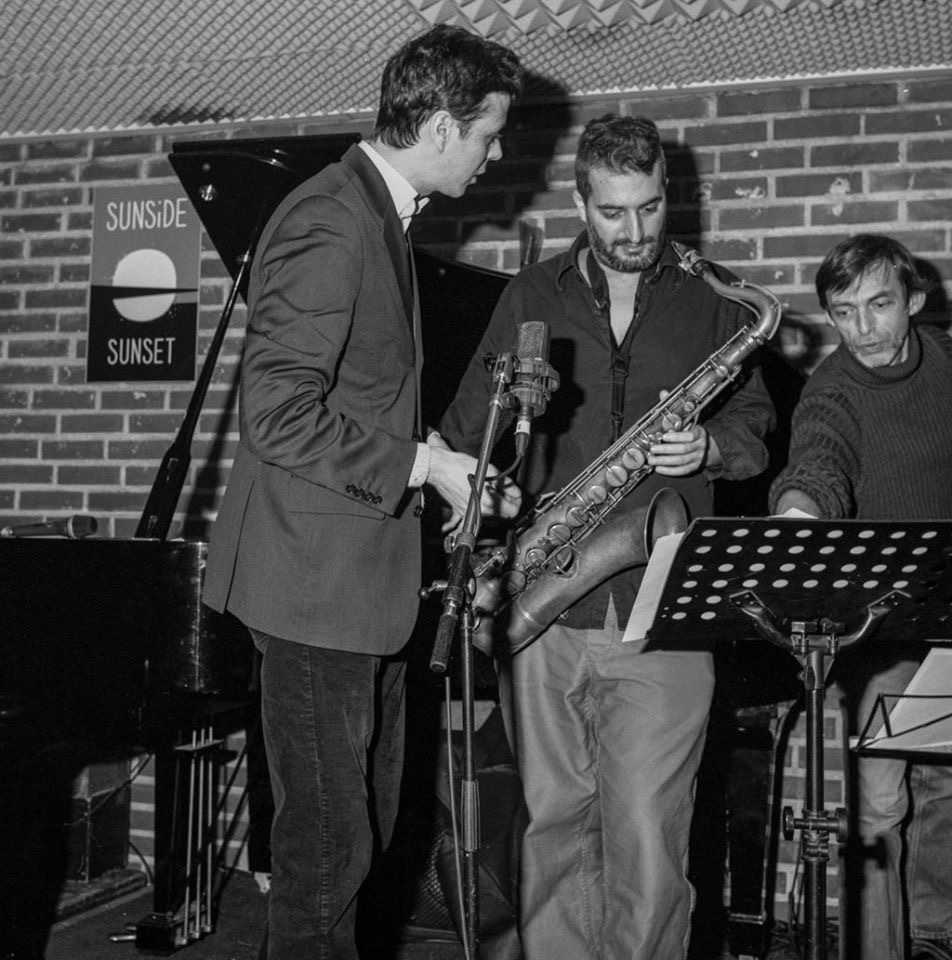
Samuel Lerner
Samuel Lerner, an accomplished jazz pianist based in Paris, has been musical for as long as he can remember. Lerner talks to Bonjour Paris about recording in New York City, performing in Paris, and what it takes to be a professional musician. Keen to hear him play? Head to the Crêperie Elo (7 rue Saint-Antoine in the 4th arrondissement) every Tuesday night at 9 pm.
What type of music do you play?
I play jazz music. The pianists who influenced me the most are the New York players: Art Tatum, Duke Ellington, Thelonious Monk, Elmo Hope, Bud Powell, Franck Hewitt, Randy Weston… I play standards from the American Songbook, tunes which were written by jazz composers. I also play my own compositions. I use the elements of my compositional style in my interpretation of standards, and vice versa. Learning standards and exploring Monk’s and Elmo Hope’s music is gives me more inspiration for my own music. In my songs, I try to construct a dialogue between the American culture of jazz and what I am writing.
How long have you been playing music? Did you always want to be a musician?
I started playing piano when I was 5 years old. My father had been an amateur piano player for several years and he taught me an early appreciation of jazz and European classical music. I can remember playing the piano alongside of him, performing classic songs from The Great American Songbook, as well as other jazz and blues tunes. It wasn’t until my adolescent years, when I first discovered the music of American jazz pianist and composer Thelonious Monk, that I knew piano was my ultimate passion and career destiny. I was mesmerized by his music style, which appeared to me both very singular and yet also, strangely familiar.
You made a record in New York City in 2013 with celebrated jazz drummer Leroy Williams. What did you like about recording in the U.S.?
I spent my first three months in New York City from October to December in 2012. It was a revelation. I was astonished by the energy of the city and its music scene. I discovered a real music community there and was living my life totally immersed in music. After my first month, I decided to record an album of my own original music. I could hear that the sound of bass and drums was totally different than what I had heard in Europe, and it was that precise sound I was looking to play in my compositions. I hired drum legend Leroy Williams (who played with Thelonious Monk, Sonny Rollins, Jackie McLean, etc) and an Israeli-born upright bass player, Tal Ronen, who has been a fixture of the NYC jazz scene for many years since moving to the city. Recording Studios are also much cheaper than in Paris and sound engineers much more aware of the sound and mix of a Jazz trio.
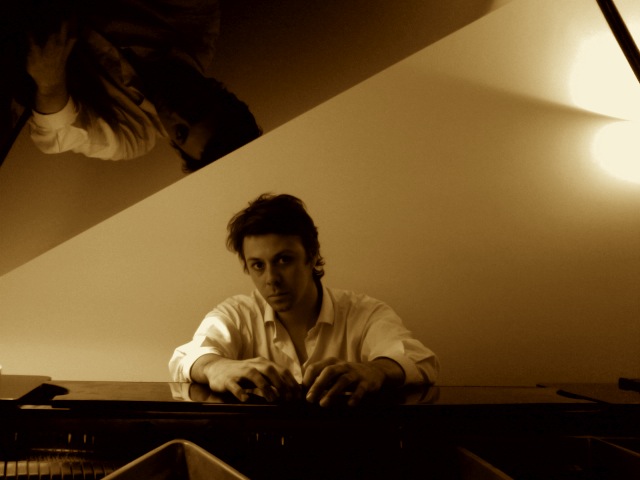
Samuel Lerner
Do you find there is a big difference between French jazz and American jazz music?
It is even more than a difference for me. Basically the only French jazzman who did bring some elements of French culture in jazz is Django Reinhardt. And he’s not really French; he was a Belgium-born gypsy. In fact, I’m not sure it means something to talk about ‘French jazz’ except for French people who are playing American music. It’s true that since about 20 years ago, there are some people who pretend to play ‘French jazz.’ When I listen to their music I find it more closely resembles contemporary music than jazz and swing music.
Who are some of your favorite musicians?
My favorite piano players are Art Tatum, Duke Ellington, Thelonious Monk, Elmo hope, Bud Powell and so many others… And I do listen to a lot of classical composers such as Gustav Mahler, Bela Bartok, Richard Strauss. Also, I like world music and salsa music, and musicians like Eddie Palmieri and Chucho Valdes.
Where do you find inspiration?
I find inspiration by immersing myself in various types of culture. I’m fond of the classical Hollywood cinema, and American and African-American literature, for example. However, it’s difficult to know where inspiration comes from; it’s more often inspiration which finds you, rather than the opposite.
What are some of your favorite places in Paris to play music? And favorite places to listen to music in Paris?
I like to play in small clubs or bars in Paris because it has free entrance and you can play in front of people who are randomly there and who didn’t pay for a ticket. I think that anybody of any social condition should be able to listen to music.
Why do you think so many artists come to Paris?
Paris is a center for culture in Europe. We have a very rich history for arts here, and it’s one of the most beautiful cities in the world, which is very inspiring. A lot of art schools are located here as well, and it creates a lot of emulation.
What advice would you give to aspiring musicians?
Practice, practice and practice. Listen to as much music as you can – open yourself up to all forms of knowledge about music.
What songs or projects are you working on right now?
A few weeks ago, I recorded with the great New York guitarist Saul Rubin and a French rhythm section, with Nicolas Rageau on the bass and Phillipe Soirat on the drums. I hope to perform that music in New York City very soon !
Lead photo credit : Samuel Lerner
